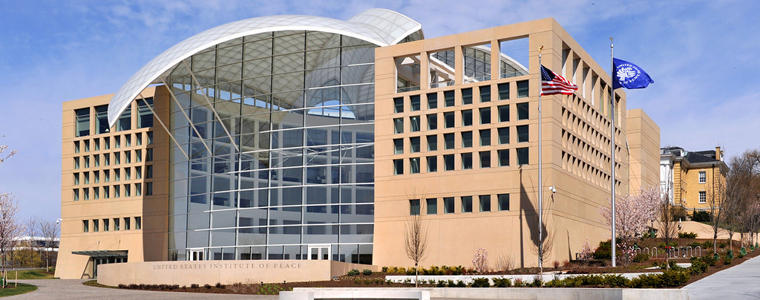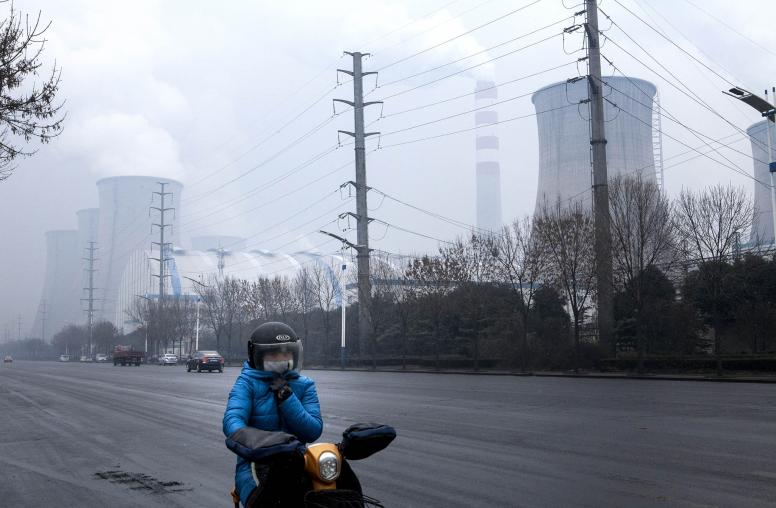Mapping Energy Infrastructure Vulnerabilities in Conflict-Affected Regions
"Mapping Energy Infrastructure Vulnerabilities in Conflict-Affected Regions," an focused on the results from the new Energy Infrastructure Attack Database, pioneered by researchers at the Zurich-based Center for Security Studies. The discussion was led by Jennifer Giroux, a lead researcher at the Center for Security Studies.

The vulnerability of energy-related infrastructure presents a further complication to discussions of energy security. Much of the world's critical energy supplies must transit across increasingly uncertain terrain with varied security. Despite the changing context and the myriad threats posed to energy infrastructure along the supply chain, there is no substantial research effort that important linkages, such as those related to the strategic targeting decisions of today's violent non-state actors (VNSA).This is partly because there are no specialized, publicly available databases with detailed coverage of non-state threats to energy infrastructure.
This event focused on results from the new Energy Infrastructure Attack Database, pioneered by researchers at the Zurich-based Center for Security Studies, which maps attacks on energy infrastructures worldwide since 1980 and analyzes implications for global energy security and conflict prevention. This database will be highly beneficial for dealing with meltdowns in large energy exporters (globally critical providers) as well as critical transit zones. The discussion was led by Jennifer Giroux, a lead researcher at the Center for Security Studies. She presented the project’s findings and identified strategies to forestall violent conflict relating to energy infrastructure in fragile regions.
This event complements the Center for Sustainable Economy’s ongoing work to analyze resource-based conflicts around the globe.
Speakers
- Jennifer Giroux, Presenter
Senior Researcher, Center for Security Studies, Switzerland - Robert Ichord, Presenter
Deputy Assistant Secretary of State for Energy Transformation - Dr. Paul J. Sullivan, Presenter
Professor of Economics, National Defense University - Raymond Gilpin, Moderator
Director, Center for Sustainable Economies, U.S. Institute of Peace



